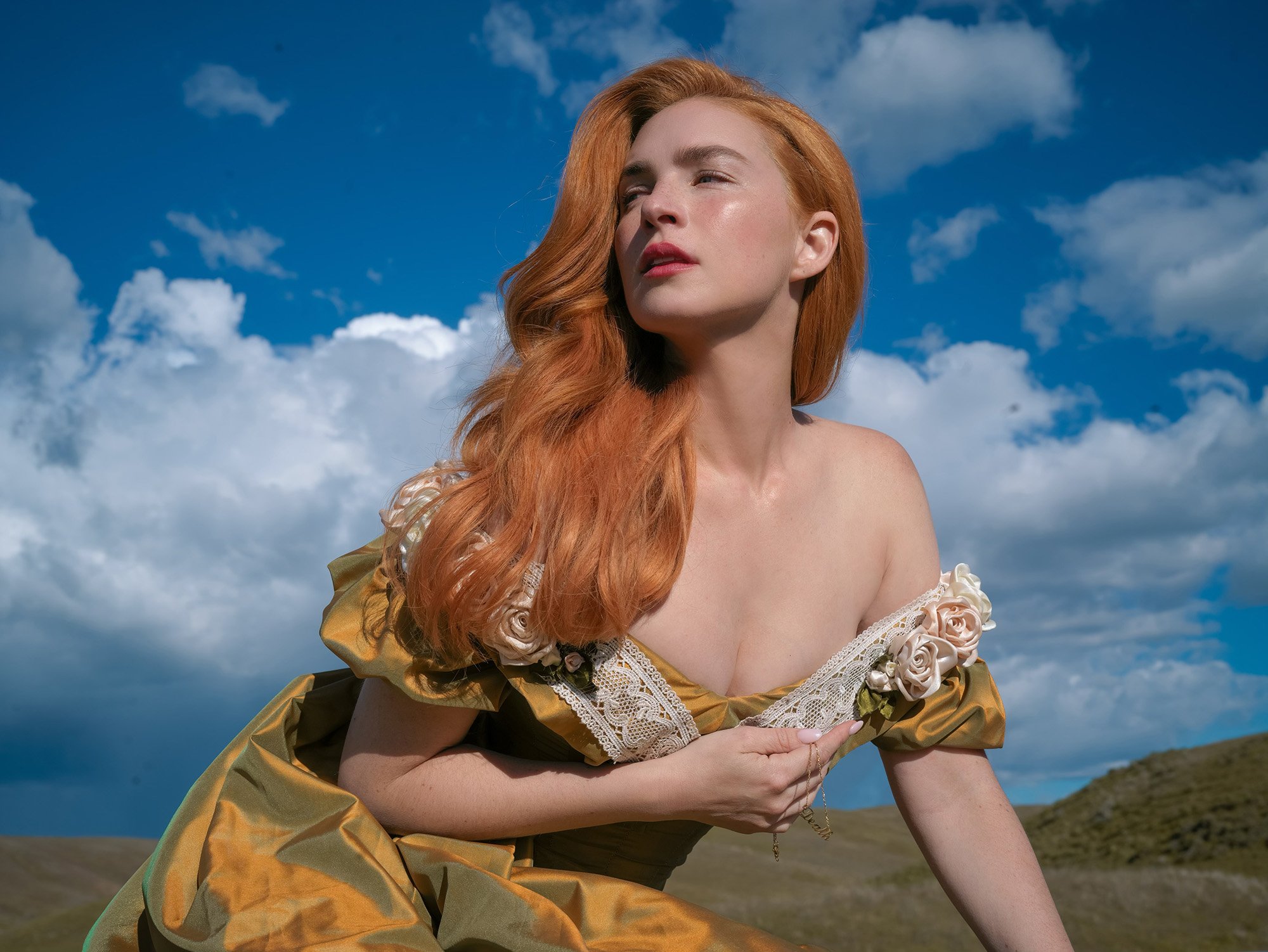
If you’re going to tackle issues that echo through generations, you’d better have a sound and story that do the same – and Valley James is just such an artist.
After pawning her wedding ring for a guitar, the singer-songwriter has spent the last few years crafting a uniquely dark, ethereal take on Country and Americana, aiming to inspire through the simple, transformative act of being brave enough to take her shot. Veiled in the mystique of her Western roots, and wielding the crystalline vocal of a modern Patsy Cline, a lifetime of soul searching has now led to the cinematic debut album Star – her soundtrack of hope and redemption.
Hailing from the “beautiful high-desert” town Star, Idaho, James’ interest in both music and its connection to the human soul grows from within. Surrounded by hundreds of square miles of open space, she was a horse-riding farm kid who loved Shania Twain and spent her weekends at rodeos barrel racing and pole bending, while her father kept the traditional skills of roping alive. On the other side of the family, music was passed down through many generations- her grandfather was a performer across Idaho and Oregon, but never had the chance to see how far his talent could take him. He passed away without sharing the dream with his granddaughter, and even so, James would one day take it up, feeling a powerful call to explore the wild edges of her home and circumstance.
“A lot of my childhood was riding my horse in the foothills, escaping whatever I felt the need to escape from at the time – although I didn’t really understand what that was,” she explains. “I definitely think my roots will always be attached to growing up that way, and singers have been in my family for a long time. For many reasons, they just didn’t have the means to pursue it fully.”
But despite her craving for adventure (and the family tradition), James chose a different path at first. By 22 she was married to her high school sweetheart, yet the sudden passing of a friend made the world look wildly different. Questioning everything, her marriage dissolved and James would divorce at 23, then drift to New York City, grieving, broken, and no closer to the peace she sought.
Eventually, she returned to Idaho, ready for a fresh start. And after learning a few guitar chords, something awakened.
“I must have been 26 at the time, and I still had my wedding ring,” James recalls. “So, I pawned it for a black Fender Telecaster. It’s funny because I was joking to friends like, ‘I’m going to pawn my wedding ring and be a country star.’ But I didn’t really think I was going to pursue music.”
In some ways, music pursued her. Living out the lines to a classic country song, James learned to play and sing with authentic authority, pouring her past into raw-but-revealing early compositions. A short time in Los Angeles led to a chance meeting with Beach Boys member Bruce Johnston, and after he encouraged the young talent to try Nashville, her songwriting education began. Indie-rock star Blake Sennet (Rilo Kiley, The Elected) and fellow friend and artist Jillian Jacqueline helped James find her voice- after years of writing, her debut album connects an old soul with the modern moment.
Gifted with an evocative, haunting vocal, James spread her spacious sound over 10 defiant songs (produced by Bryan Brown), pairing the rugged beauty of the West with James’ story of perseverance. Pulling inspiration from Ennio Morricone, Gillian Welch, Chris Isaak and beyond, studio aces like Aaron Sterling (drums) and Russ Pahl (steel guitar) helped give the set a sense of cinematic texture, as orchestral Americana soundscapes and plenty of atmosphere evoke the wind-blown aura of her high-desert home – and the presence of something larger than ourselves.
With themes that range from grief and loss to the ultimate discovery of who you are, a determined sense of inner hope slowly emerged. “I really wanted to make a record that was inspired by how I grew up – to evoke the feeling of liminal space and vastness, which the West does so well,” James explains. “In storytelling, liminal spaces are painful, they’re confusing, a place of self discovery, and so much of my storytelling has to do with facing trans-generational trauma, and alchemizing pain and truth.
“It’s a record about hope,” she continues. “I wanted a record that would speak to me as a 20-year-old who really didn’t understand what I’ve been through or what my family had been through. It can be playful and dark, but when you listen to the lyrics, there’s a deeper story. A story of redemption.”
Tracks like the atmospheric ballad “Star” serve a dual function, saluting James’ home town while building intrigue for the journey to come. Seen as a message to her younger self, its lyrics promise resolution – even as she sings “my story’s just begun.” “Really it’s a song to my childhood itself, saying you can love something and still want to burn it down, you can crawl on your knees and someday learn to walk” she says. “There is hope.”
Elsewhere, the woozy sway behind “Any Fool Will Do” captures a compulsive need to shake off the past and make a bold decision, and the gorgeous spaghetti-Western shimmer of “Lucky Strike” tells James’ tale in blunt-but-poetic detail – the autobiography of dreamer who burns like a phoenix, not a cigarette.
The somber stillness of “Playing Dead” reveals the impact of letting inner truth fester – a girl trying to become a woman and exploring what it means to face a long-ignored pain, passed down over decades like a haunted family heirloom. And with the hardened heart track “Crushed Velvet,” James adds rhythm to a sense of righteous inner rage, like a heroine with a vengeance. “Kill For You” and “Black Lacquer,” are songs to fall down the rabbit hole in desperation to be loved, only to later find out it was all an illusion.
But in music as in life, James ultimately proves hope springs eternal. With gentle ballads like “Voices At the End of the Line” and “Drive On,” she reminds those feeling caged like she once did, that beginning to heal looks a lot like leaving the past behind.
“Being an artist means being truth teller and writing about things that are painful, it’s about standing in the face of it,” she says. “No matter what phase of self discovery or healing you’re in, you’re not alone. There is hope, and there is redemption.”


